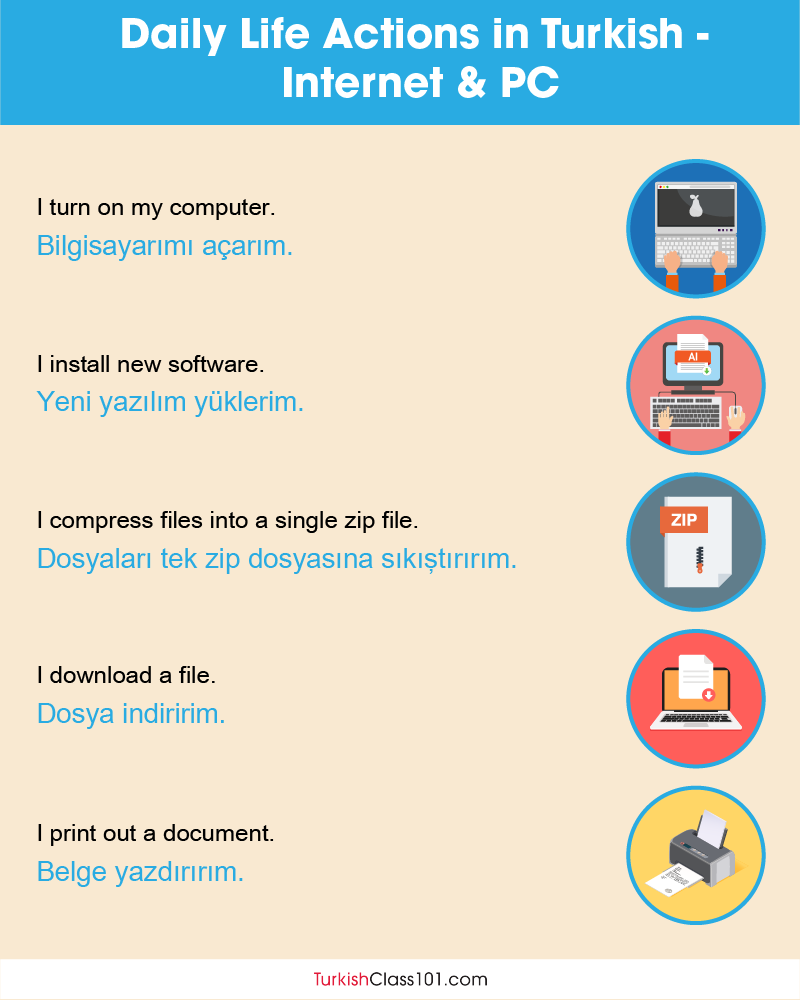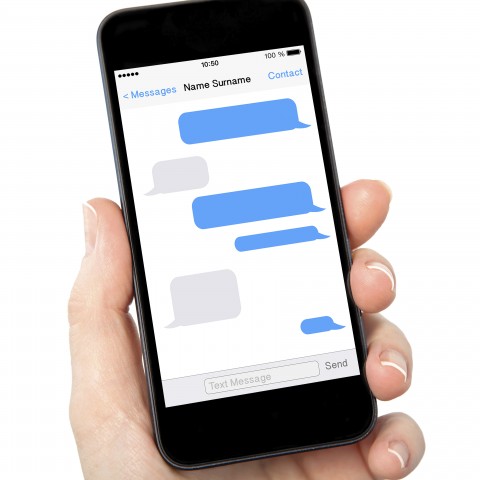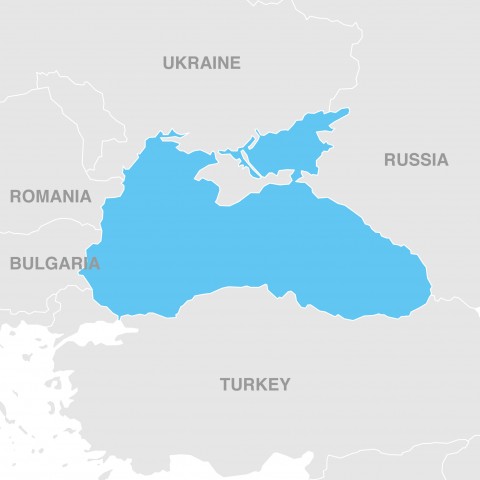Learn how to apologize in Turkish – fast and accurately! TurkishClass101 makes it easy for you to make amends. Start with a bonus, and download your FREE cheat sheet – How to Improve Your Turkish Skills! (Logged-In Member Only)

Table of Contents
- Common Ways to Say Sorry in Turkish
- How To Refuse Something Politely in Turkish
- Audio Lesson – Survival Phrases “How to Say Sorry”
- Why You Will NOT Be Sorry For Learning Turkish through TurkishClass101
1. Common Ways to Say Sorry in Turkish
Nobody’s perfect, not anywhere in the world. Everybody makes mistakes, and does and says regrettable things. Then it’s time to apologize, as saying ‘I’m sorry’ is not in vain. It can be very healing! Did you know that hearing a sincerely-meant apology can have a noticeable effect on a person’s body? Research has shown that it slows down breathing and heart rate, and even causes a drop in blood pressure.
Sometimes we cannot fix what’s broken, but we can make the experience a bit easier for anyone who suffered on account of our thoughtless actions or words.
Here are a number of ways to say sorry in Turkish. In any language, just make sure you really mean it! An insincere apology will not go down well with anyone.
Özür dilerim.
I’m sorry
These words should precede anything else you have to say. Use them sincerely and whenever you are clearly in the wrong. Acknowledging your guilt and apologizing for any wrongdoing will lift your spirits too! Often, remorse can eat away at us, and a simple ‘I’m sorry’, in Turkish or any other language, can open the door for forgiveness and resolution of a bad situation. It can be a true gift!
Özür dilemek isterim.
I would like to apologize.
This is a slightly more formal way to say ‘I’m sorry’ in Turkish. Use this phrase if you’re addressing your superiors and/or elders.
Tüm samimiyetimle özür dilerim.
I sincerely apologize.
If you feel strongly about your apology, this is another slightly more formal phrase to use. Keep it handy for graver errors, or you might come across as insincere!
Tekrar yapmayacağım.
I won’t do it again.
A promise you can only make if you intend to keep it! Few things feel as bad as having to hear repeated apologies from someone for the same behavior – it means the ‘sorry’ is not sincere. Don’t be that person!
Bu hatayı tekrar yapmamaya dikkat edeceğim.
I’ll make sure not to make this mistake again.
A beautifully strong phrase! Again, say this only if you mean it – not just in the moment, but always! A bit more formal, this is an especially good phrase to use when apologizing to superiors and/or elders. It will make an especially good impression at the workplace, where accountability is an excellent quality to display!
Onu demek istemedim.
I didn’t mean that.
This is a tricky one… What did you mean, then?! Clear up any confusion with sincerity. Also, use this phrase only if the harm done or mistake made was due to an accident, and then admit to thoughtlessness on your part, if appropriate.
Bu benim hatam.
It’s my fault.
If the fault is really yours, own up to it. You will gain respect in the eyes of others! However, don’t take the blame when it’s not truly yours. It won’t be good for you, and ultimately you will not be respected much for it.
Bencillik yaptığım için üzgünüm.
I’m sorry for being selfish.
This is a good phrase to keep handy, especially for your close relationships. It is difficult to admit you’re selfish, isn’t it?! However, it’s good to know when to be honest. We get used to our loved ones, which often means we forget that they need our good manners and unselfish behavior just as much as strangers do.
Umarım beni affedersin.
I hope you will forgive me.
This is a polite and gentle wish that can smooth over many harsh feelings. It also shows that the other person’s opinion and forgiveness are important to you.
Tüm sorumluluğu üstüme alıyorum.
I take full responsibility.
This strong statement is similar to admitting that an error or transgression was your fault. It speaks of courage and the willingness to take remedial action. Good one to use…if you mean it!
Bunu yapmamalıydım.
I shouldn’t have done it.
This phrase is fine to use if you did or said something wrong. It shows, to an extent, your regret for having done or said what you did, and demonstrates that you understand your role in the mistake.
Paranızı geç geri verdiğim için özür dilerim.
Sorry for giving your money back late.
It’s rotten to have to loan money! Yet, it’s equally rotten to have to ask for the repayment of a loan. So, do your best not to pay late in the first place, but if it can’t be helped, this would be a good phrase to use!
Lütfen bana kızma.
Please don’t be mad at me.
Well, this is not a very advisable phrase to use if you are clearly in the wrong. If someone is justifiably angry with you, asking them not to be mad at you would be an unfair expectation. However, if you did something wrong by accident, and if the consequences were not too serious, this request would be OK.
Üzgünüm geciktim.
Sorry I’m late.
Punctuality is valued in most situations, but if you really cannot help being late, then apologize! This way you show respect for your host, and win their approval.
Sana kötü davrandığım için özür dilerim.
I apologize for being mean to you.
Acknowledging your own meanness towards someone is no small thing, so good for you! Use this apology only if your intention is to seriously address your mean tendencies, or these words could become meaningless over time.
2. How To Refuse Something Politely in Turkish
Congratulations! Now you know how to apologize in Turkish! After you have apologized for a mistake, focus on fixing whatever you can, and don’t punish yourself over something that cannot be taken back or reversed. That’s healthy for you! Regret can eat away at the soul, and even destroy it. It is ultimately a useless emotion if it consumes you.
However, in language, we use apologies not only when we’ve transgressed or made mistakes. They come in handy in other situations too, when there has been no wrongdoing. Sometimes we need to express regret for having to refuse a gift, an offer, or an invitation. This can be somewhat tricky. Learn from specialists at TurkishClass101 about how to use the correct Turkish words for this kind of ‘sorry’!
3. Survival Phrases “How to Say Sorry”
On the run and need a quick lesson on how to say sorry in Turkish? Don’t fret, just listen and repeat! Click here for a recorded short lesson and learn how to give the perfect apology, with perfect pronunciation in Turkish. A little can go a long way, and you will sound like a native!
4. Why You Will NOT Be Sorry For Learning Turkish through TurkishClass101
Online learning is here to stay, that’s a fact. In 2015, the Digital Learning Compass Partnership released a report based on surveys to determine online enrollment trends in US institutions for higher education. Thirty percent of all their students learned online! And the number is growing! However, how can you be sure you will not regret your choice of an online language learning school? First, look at the school’s credentials and what it has to offer…
- Fun and Easy Learning: It’s a commonly-known fact that when learning is made easy and fun, student motivation rises. And as motivation rises, so does the effort to learn – what a beautiful cycle! TurkishClass101’s language learning system is designed to get you speaking from the onset. Learn at your own convenience and pace with our short, effective and fun audio podcast lessons. Our Learning Center is comprehensive and state-of-the-art, with a vibrant user community to connect to! Our lessons are recorded with native hosts and voice actors, providing a diverse range of dialects in your lessons. You can be confident that native speakers will understand you when speaking Turkish!
- Innovative Learning Tools and Apps: We make it our priority to offer you the best learning tools! These include apps for iPhone, iPad, Android and Mac OSX; eBooks for Kindle, Nook, and iPad; audiobooks; Roku TV and so many more. This means that we took diverse lifestyles into account when we developed our courses, so you can learn anywhere, anytime on a device of your choice. How innovative!
- Free Resources: Sharing is caring, and for this reason, we share many free resources with our students. For instance, start learning Turkish with our basic online course by creating a lifetime account – for free! Also get free daily and iTunes lessons, free eBooks, free mobile apps, and free access to our blog and online community. Or how about free Vocabulary Lists? The Turkish dictionary is for exclusive use by our students, also for free. There’s so much to love about TurkishClass101…!
- Live Hosts and One-on-One Learning: Knowledgeable, energetic hosts present recorded video lessons, and are available for live teaching experiences if you upgrade. This means that in the videos, you get to watch them pronounce those tongue-twisters, as if you’re learning live! Add octane to your learning by upgrading to Premium Plus, and learn two times faster. Your can have your very own Turkish teacher always with you, ensuring that you learn what you need, when you need to – what a wonderful opportunity to master a new language in record time!
- Start Where You Are: You don’t know a single Turkish word? Not to worry, we’ve absolutely got this. Simply enroll in our Absolute Beginner Pathway and start speaking from Lesson 1! As your learning progresses, you can enroll in other pathways to match your Turkish level, at your own pace, in your own time, in your own place!
After this lesson, you will know almost every ‘sorry for’ in Turkish, but don’t let it be that you’re sorry for missing a great opportunity. Learning a new language can only enrich your life, and could even open doors towards great opportunities! So don’t wonder if you’ll regret enrolling in TurkishClass101. It’s the most fun, easy way to learn Turkish!



























































































